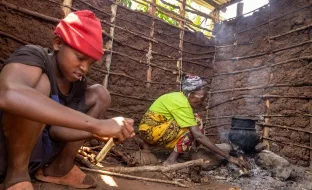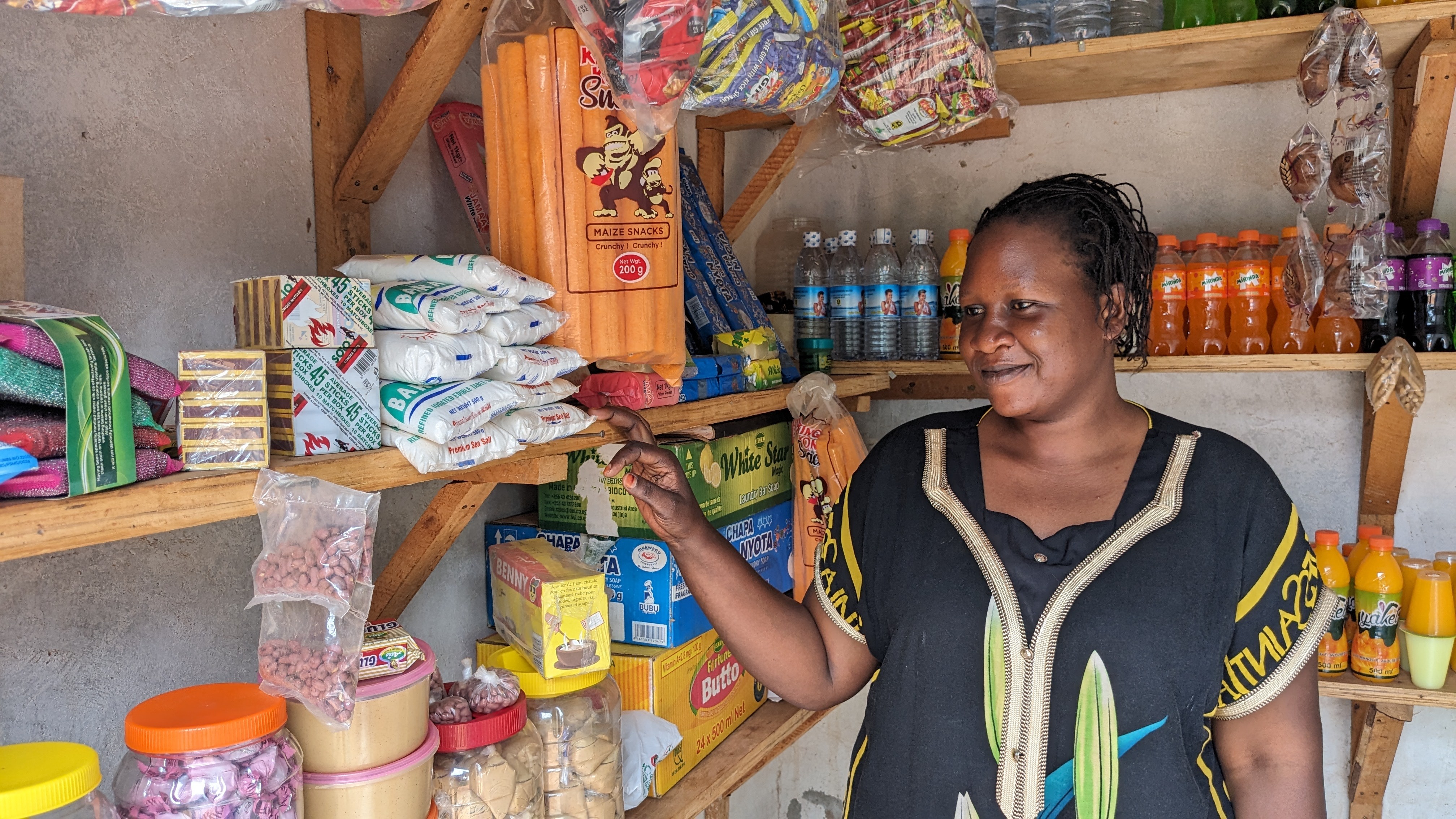This week, basic income was in the news, with the announcement of the “Economic Security Project.” This group is considering whether cash assistance and basic income might better guarantee economic opportunity in the United States, and it supports organizations like GiveDirectly, whose work can add to that discussion. Elsewhere in cash news, The New York Times took a deep look into a new cash program in Finland.
And if you haven’t seen already, GiveDirectly is starting a four-part “Year in Cash” series. In the first installment, we looked back on GiveDirectly’s impact by the numbers.
GIVEDIRECTLY IN THE NEWS AND BLOGS
1. $10 Million Project to Study Basic Income Programs Launched
Philanthropy News Digest, December 16, 2016
Recipients of initial grants totaling more than half a million dollars include… the Alaska Group American Center will work to fight cuts to the yearly dividends Alaskans receive from the state’s Permanent Fund; the Chesapeake Climate Action Network will study the feasibility of implementing carbon pricing at the municipal level to fund a basic income; and GiveDirectly will support a longitudinal basic income study in Kenya.
2. A Kenyan woman shares how a free $1,000 lifted her out of poverty for good
Chris Weller, Chris Weller, December 13, 2016
Two years ago, Joice was living in rural Kenya. Poverty was constant. She wore old clothes, lived in a run-down house, and often skipped meals because she couldn’t afford food. Then she attended a meeting, or baraza, at a local school. She learned the gathering was hosted by a non-governmental organization called GiveDirectly.
CASH TRANSFERS IN THE NEWS
3. Researchers have identified a very simple, universal solution to child labor’s vicious cycle of poverty
Quartz, Mark Bain, December 17, 2016
Cash-transfer programs could help reduce child labor in a few ways. If they’re conditional on a child attending school, they obviously create an incentive for parents to keep their child engaged in her studies. But the authors note there’s evidence from other studies that unconditional cash transfers also help keep children enrolled in school.
4. Here’s what happens when a poor person is given a cash handout
Mother Nature Network, Jenn Savedge, December 14, 2016
The study, which was conducted by David Evans of the World Bank and Anna Popova of Stanford University, looked at 19 programs around the world in which individuals were given cash transfers from the government, either as a handout or as a “reward” for something like getting kids to school on time or taking them to the doctor for checkups.
5. State disburses Sh23.5 billion under social welfare fund
The Star (Kenya), Cynthia Ilako, December 14, 2016
“The programme is targeted and focuses on the households that are identified based on the level and priority of vulnerability. Over the last four years, the number of beneficiaries has grown from less than 200,000 to 830,000 beneficiaries which denotes the absolute necessity of the programme,” Social Protection PS Susan Mochache said. The programme provides monthly cash transfers in form of a Sh2,000 stipend to orphans and vulnerable children, the elderly and persons with severe disability.
BASIC INCOME IN THE NEWS
6. Free Cash in Finland. Must Be Jobless.
The New York Times, Peter Goodman, December 17, 2016
Now, the Finnish government is exploring how to change that calculus, initiating an experiment in a form of social welfare: universal basic income. Early next year, the government plans to randomly select roughly 2,000 unemployed people — from white-collar coders to blue-collar construction workers. It will give them benefits automatically, absent bureaucratic hassle and minus penalties for amassing extra income.
7. The robot revolution revs up, the gig economy slows down and 3 other job trends to expect in 2017
CNBC, Catherine Clifford, December 15, 2016
By contrast, Silicon Valley futurists predict that automation is going to lead to widespread unemployment. Elon Musk has said that he thinks the only viable solution will be for the government to give cash handouts to all residents. This idea, also known as a “universal basic income,” is the center of a new $10 million research project co-chaired by one of the co-founders of Facebook.
8. Finland to test a basic income for the unemployed
Marketplace, Sarah Gardner, December 13, 2016
There’s been a lot of buzz this year about an old economic idea called universal basic income. It’s a guaranteed monthly check from the government for every citizen, no strings attached. Automation, gig jobs and the overall precariousness of work is driving interest in the idea, from Silicon Valley to the Netherlands. Finland launches a pilot program next month to test out the idea, but the country’s center right government is testing it as welfare reform, not as an anti-poverty tool.

